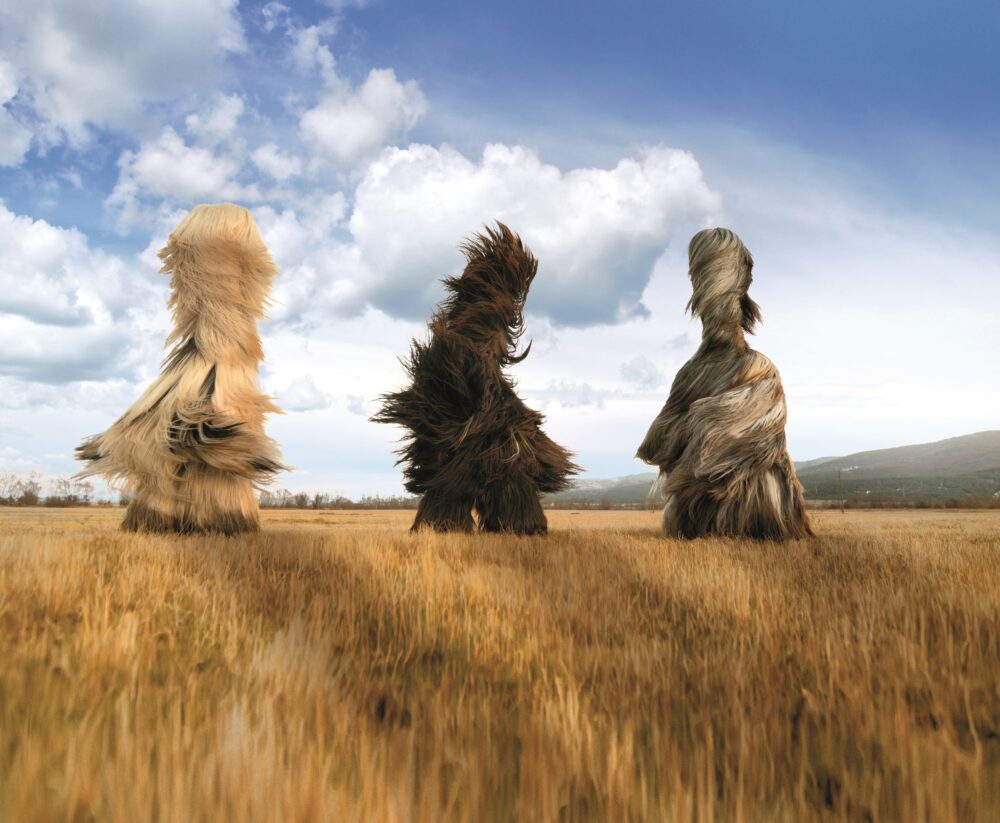The magic of Bulgarian Christmas
Bulgaria carries the heritage of many ancient civilizations. Prehistoric communities, Thrace, ancient Greece, Rome, Byzantium, Christianity and the Islamic world have all left their marks on Bulgarian culture and traditions.
Bulgaria is also where groundbreaking discoveries have been made about old civilizations, cultures and religious cults, customs and practices that thrived here thousands of years before the advent of Christianity. The people who once inhabited these lands left behind the rich cultural heritage of seven distinct civilizations. Thanks to these, Bulgaria possesses many different and unique traditions and celebrations.
“Mummers” is a local tradition also found in other of the world’s cultures. Mummer games are special customs and rituals conducted most often on New Year’s Eve and at Shrovetide. People wear special masks and costumes that have been made for the occasion by each of the participants. Bulgarians believe that the mummers’ ritual dances chase away negative spirits and demons at the beginning of every year, so as to greet the new year cleansed and charged with positive energy.
Laduvane is another interesting ritual performed on New Year’s Day, or George’s Day. At this ritual young women predict their future in marriage and the men they will marry.
Especially well-respected in Bulgaria are traditions relating to the circle of life: birth, christening, wedding, and funeral. Saints’ name days are highly respected in the country; the most famous winter feast with special traditions are St. George’s Day (the army day), and St. Dimitar’s Day (the first day of winter). Yordanov Day is special for Bulgarians. The old tradition gathers peoples near water, whether river, sea, or lake. A priest throws a cross into the chilly water, and the strongest, bravest men jump in after it. Bulgarians believe that the person who finds it will be wealthy and healthy for the coming year.
The winter holiday that holds special place in Bulgarians’ hearts is Christmas. Generations celebrate together, united by a feeling of belonging to a harmonious Bulgarian family. A special tradition in Bulgaria is observed on Christmas Eve: every family prepares an odd number of lean meals for the feast, including the traditional lean bread, pitka. Christmas in on the next day, and the family prepares different meals that include meat and traditional Bulgarian banitsa, which contain fortunes.
Bulgarians are welcoming, generous people, so during Christmas they run various charity bazaars and activities to help people in need. Every December in the big cities you can find typical Christmas bazaars where you can enjoy delicious Bulgarian and European cuisine, and the favorite, hot wine with honey and cinnamon.
Visit Bulgaria to enjoy the unique Bulgarian spirit!
